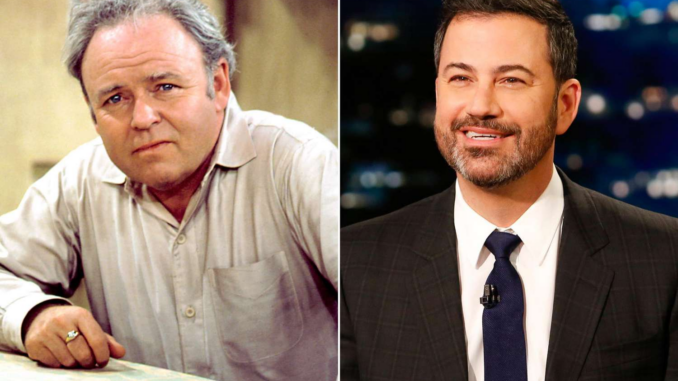
When we think of groundbreaking television, All in the Family stands out as a true pioneer. Premiering in 1971, this sitcom introduced audiences to the Bunker family, led by the unforgettable Archie Bunker, played by Carroll O’Connor. The show didn’t just entertain; it challenged societal norms and sparked conversations about race, gender, and class. In this article, we’ll explore how the Bunkers revolutionized TV and changed the American family dynamic forever.
The Birth of All in the Family
A Bold Concept
Created by Norman Lear, All in the Family was designed to tackle controversial topics head-on. The show’s premise revolved around the Bunker family, who lived in Queens, New York. Archie, a working-class man with outdated views, often clashed with his liberal son-in-law, Mike Stivic (played by Rob Reiner). This dynamic set the stage for discussions that were rarely seen on television at the time.
Casting the Right Actors
The casting of the Bunker family was crucial to the show’s success. Carroll O’Connor’s portrayal of Archie was both humorous and deeply flawed, allowing viewers to laugh while also reflecting on serious societal issues. The supporting cast, including Jean Stapleton as Edith, Sally Struthers as Gloria, and Rob Reiner as Mike, brought depth and authenticity to the show.
Breaking Taboos: Addressing Social Issues
Race and Prejudice
One of the most significant aspects of All in the Family was its willingness to address race and prejudice. The show tackled issues like racism, sexism, and homophobia, often through the lens of Archie’s outdated beliefs. This approach forced viewers to confront their own biases and engage in meaningful conversations about social justice.
Gender Roles and Feminism
All in the Family also explored changing gender roles. Edith Bunker, portrayed by Jean Stapleton, was a traditional housewife who often found herself at odds with Archie’s views. As the series progressed, Edith’s character evolved, reflecting the growing feminist movement of the 1970s. This shift resonated with audiences and highlighted the changing dynamics of American families.
The Bunkers as a Reflection of American Life
A Mirror to Society
The Bunkers were not just a fictional family; they represented the complexities of American life. Their struggles with economic hardship, generational conflict, and social change mirrored the experiences of many viewers. This relatability contributed to the show’s immense popularity and cultural significance.
Family Dynamics in Flux
All in the Family showcased the evolving nature of family dynamics. The Bunkers navigated conflicts that many families faced, from differing political views to generational misunderstandings. This portrayal of real-life issues made the show resonate with audiences and set a precedent for future sitcoms.
The Legacy of All in the Family
Influencing Future Sitcoms
The impact of All in the Family extends far beyond its original run. The show paved the way for future sitcoms to tackle serious issues, including The Jeffersons, Maude, and Good Times. These shows followed in the footsteps of the Bunkers, addressing social issues while maintaining a comedic tone.
Cultural Impact
All in the Family became a cultural phenomenon, influencing not only television but also American society. The show’s willingness to confront taboo topics opened the door for more diverse storytelling in the entertainment industry. It encouraged writers and producers to explore complex characters and narratives that reflect the realities of life.
The Bunkers in Popular Culture
Iconic Catchphrases
The Bunkers introduced several catchphrases that have become ingrained in popular culture. Archie’s infamous line, “Stifle yourself!” and his constant bickering with Mike became iconic moments that fans still quote today. These phrases contributed to the show’s lasting legacy and recognition.
Memorable Episodes
Certain episodes of All in the Family stand out as particularly impactful. The two-part episode “The Draft Dodger” tackled the Vietnam War and its implications, while “Edith’s 50th Birthday” addressed issues of aging and self-worth. These episodes showcased the show
